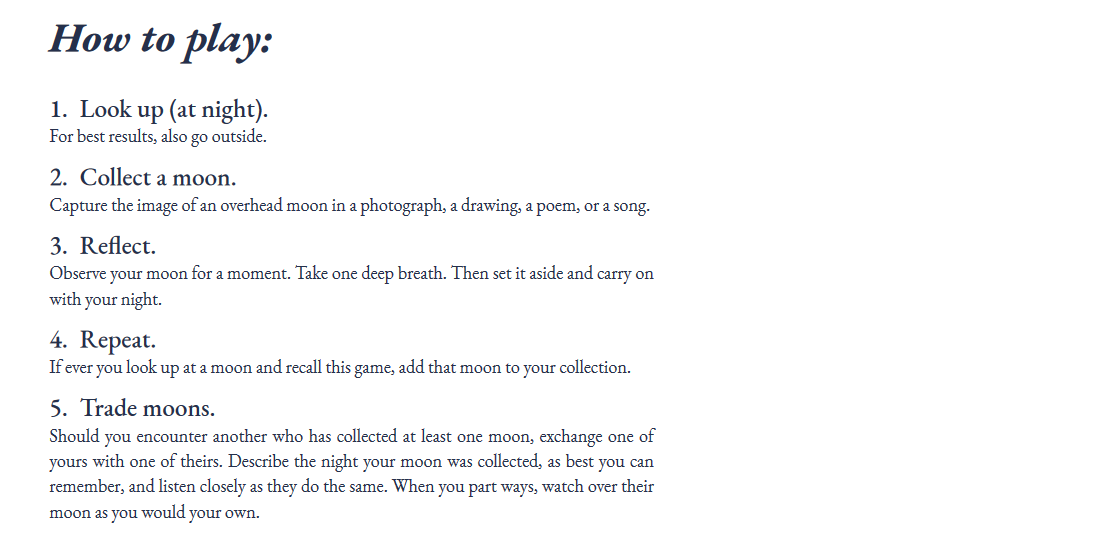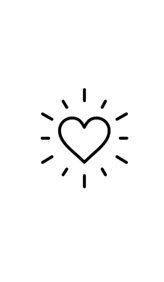The Whippet #102: Night-weasels
On this page

Good morning!
My partner used to work at an academic bookstore. These are very romantic places to me: I mostly hated high school and didn’t do well there, but before I started, I was excited about it. The list of required text books felt magical and full of promise, and I still associate academic bookstores with that feeling. The back-to-school textbook list combines my love of fresh starts with my love of inventories.
Apparently working at them is stressful though, because all the in-person customers are harried parents who’ve left purchasing books to the last minute and are now desperately going from store to store, praying somewhere won’t be sold out.
Anyway, required reading for high-school English some years ago was the Holocaust memoir Night, by Elie Wiesel. My partner says that as the start of term approached, they’d get non-stop calls from stressed-out parents saying “nightweasel, you got nightweasel??”

‘Weasel words’ have a more interesting origin than you think
Weasel words are modifiers that weaken a sentence, so you’re not actually committing to saying anything at all. Sometimes, often, can be said to. If a health supplement is found to not actually do anything at all, they can weasel out of it because “we only said it may help to promote good health - not that it actually does help.” Politicians won’t give their own opinion, they hint that others may have an opinion. “Many are saying…”
(Wikipedia has a good list, it’s worth teaching yourself to notice them.)
Anyway I always thought they were called weasel words because they’re sneaky and deceptive, like a weasel.
In fact, people used to think weasels suck the contents out of eggs (they do steal and eat eggs, but they don’t suck them). So a weasel word is one that has sucked all the meaning out of the words next to it, left them hollow.
Stewart Chaplin in 1900: “words that suck the life out of the words next to them, just as a weasel sucks the egg and leaves the shell”.
Collectible Trading Moon Game

Designed by Abe Mendes.
These are the Basic Rules. There are also Standard Rules, which cover moon fights, Advanced Rules, which cover setting up a moon fight league, and Forbidden Rules, which you must not follow under any circumstances. Buy the whole game here for $7.50.
Not because you’ll actually play it necessarily, but because it’s a beautiful and evocative and funny reading experience.
This is also my little propaganda push to demonstrate that when people say games can be art, they don’t mean “there’s actually a lot of nuance in how the zombie’s head explodes”, they mean actual art.
Abe Mendes is also a delightful twitter follow.
Follow Geology Tweets for good gem pics
Look at this pokemon gem:
or this:
Also a big fan of this tourmaline growing through a quartz, not pictured because I’m trying to be reasonable.
Imagining a calendar that treated your time as worth protecting
Great piece on time metaphors and how calendar apps treat out time as blank-by-default, waiting to be filled in, added to.
The blank-by-default style of representing time implies that your time is not accounted for. Empty wasteland. […] Digital calendars misrepresent the default state of your time. It’s far from empty. You’re working, thinking, talking, problem-solving, Being. Blankness shouldn’t be an invitation to interrupt. It’s yours, it’s sacred! But when someone sets up a meeting with you, the calendar app never makes them feel like they’re taking something away from you. The UX is additive, rather than reductive. We’re always “putting time on” calendars, never “taking it off.”
Aaron Z Lewis has done a quick mock-up of what a calendar app could look like, as a horizon-expanding thought experiment:

It’s filled up by default, and anyone wanting to book time has to take time away from you. Look at each of the little details (the $ part is treating this like a work calendar - in white collar jobs, calendars are often internally visible and co-workers use them as a basis to book in meetings).
It’s sending some strong messages, but it also made me see the strong messages my current calendar is already sending.
Here’s the link to the whole article, it’s great.
My time is typically limited but very flexible - I can book a meeting any time, but not every time. I don’t want to block out large chunks of my calendar as ‘do not disturb’ because I have a lot more flexibility than my co-workers, and I’m happy to meet at the time that suits them. But the emptiness of my calendar gives a wrong impression.
Someone fix the calendar apps!

Unsolicited Advice: Add predictable distractions to your To Do list
My city, Melbourne, is currently under strict lockdown and an 8pm - 5am curfew, for reasons that I can’t name or this newsletter will be sent to your spam folder. There’s a press conference about the situation every day at 11am, but occasionally the report is: “The premier [state leader] will giving a press conference at 2pm tomorrow.” That means something’s changed - the number of cases has gone up by a lot, or down by a lot, new restrictions, new income support measures, new fines, something big.
Now what I could do, is google the news an hour after the press conference and get a summary. A 2-minute task. But what I will actually do, is log on to ABC News at 1:55, hit refresh a bunch of times, speculate on the announcement in my group chat, wait for the presser to actually start (they always start late), check twitter to see if it actually has started and somehow ABC News isn’t reporting it, and so on. Then after the announcement, discuss it and worry about it for another 45 minutes. An hour-long task.
So that goes on my To Do list, which I draw up at the start of the day. That way I’m planning for and expecting the interruption in my day, and I don’t beat myself up for caring about something that of course I care about. I don’t wonder why I didn’t get anything done in that hour, because I did - I watched and processed the press conference, which I already knew I was going to do today. And now I can cross it off.
I talked about it last issue, but so much of getting better at managing my life has involved accepting the way my brain actually works rather than planning for a McKinley who doesn’t get distracted by scary, life-impacting press conferences.
The big things to factor into your schedule are:
- predictable distractions
- emotional fragility.
I’ll give some more examples:
You’ve scheduled in 30 minutes to call your grandma, who has dementia. Do you usually feel 100% fine after that phone call, or do you feel shaken up and worried and sad? If the latter, you probably need 30 minutes for the call + 30 minutes to calm down.
(Note that I don’t necessarily mean ‘schedule’ as literally as it sounds. It’s more about being aware of how much is on your plate on any one day.)
Or maybe it’s just calling to make a dentist appointment because speaking to anyone on the phone stresses you out.
Or: you’re expecting a package to arrive. Are you just going to take it inside and go back to work? Or will you want to open it and try it on / build it / whatever immediately? If you know you can’t just leave an unopened package sitting there till the end of the work day, factor in the whole time.
I’m writing fantasy short stories at the moment, so I have ‘submit Story to Strange Horizons Magazine’ on my To Do list at the end of the week. If I already have the story and cover letter all ready, that’s a 5-minute task. But in reality, I’m going to proofread it again, for the hundredth time, hover over the ‘submit’ button, panic a little, re-read the submission guidelines, grit my teeth and hit the button, convince myself I’ve made a dreadful mistake, make my husband tell me I didn’t make a dreadful mistake, re-read the story again even though it’s too late to change it, feel deep abiding shame that I had the temerity to submit it, and generally feel wretched and hyped and weird for the next ??? minutes. That takes time! Don’t pretend it doesn’t!
This goes for good news as well, if good news makes you excited and hyped up and want to tell someone about it and not able to focus on other tasks for a while after you get it.
If you have surgery booked, you allow time in your schedule for the surgery itself, and for the recovery period as well. It’s the same with any event likely to knock your emotions about, even if it’s only for half an hour, and even if you feel like it “shouldn’t” take any time.
Discuss this issue in the subscribers-only comments section:

The Whippet has 3000 subscribers now! 3318, actually, as of this minute. This is not a big number compared to some of the newsletters out there, but it’s amazing to me.
This is 100% because readers share it and it gets passed along, I don’t have any wily marketing techniques. (If you heard about The Whippet from a podcast, it’s cause a reader shared it with someone who has a podcast, and they liked it.)
(Hey do you have a podcast? I’d love to be a guest! Hit me up! I have an opinion on most things.) (Now the wily marketing techniques come out.)
So yeah: telling other people about The Whippet makes a huge difference to me, and thank you to everyone who’s shared it people already.
You can also support The Whippet on Patreon! I don’t need to tell you how nice money is, you’ve experienced “being given money” before. Bloody great. I’d recommend it to anyone.
Comments
Sign in or become a Whippet subscriber (free or paid) to add your thoughts.
Just enter your email below to get a log in link.
A newsletter for the terminally curious
Arrives in your inbox every second Thursday.
